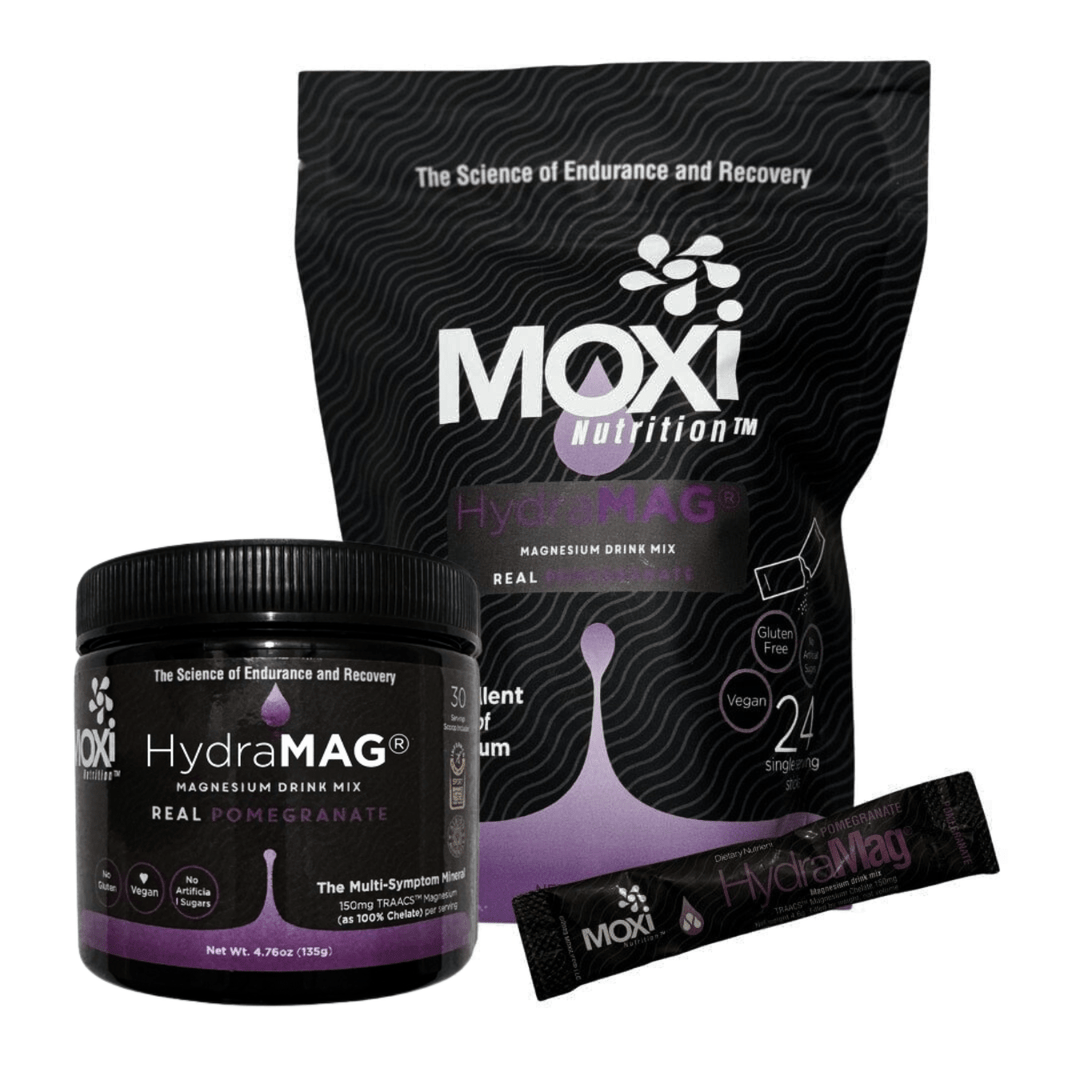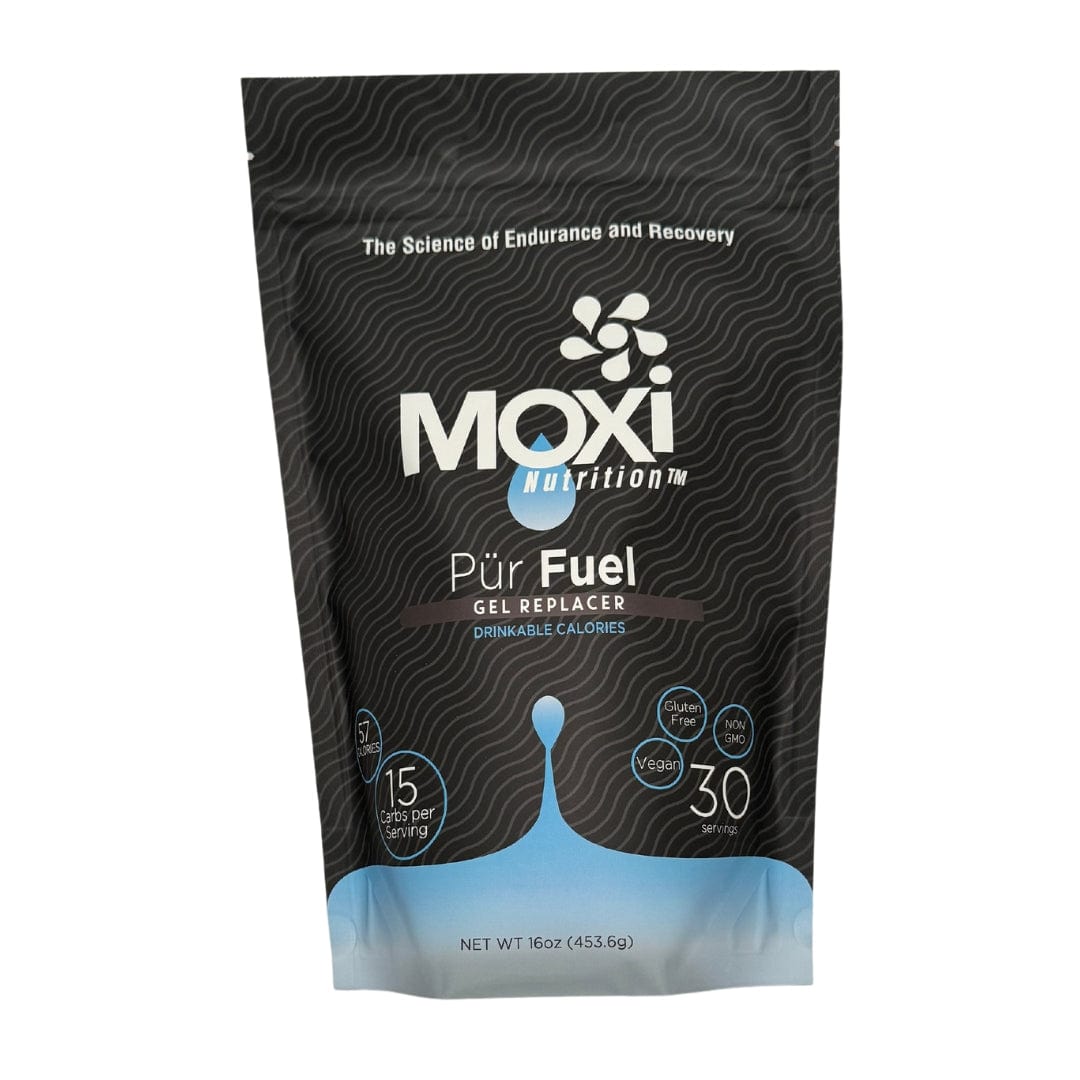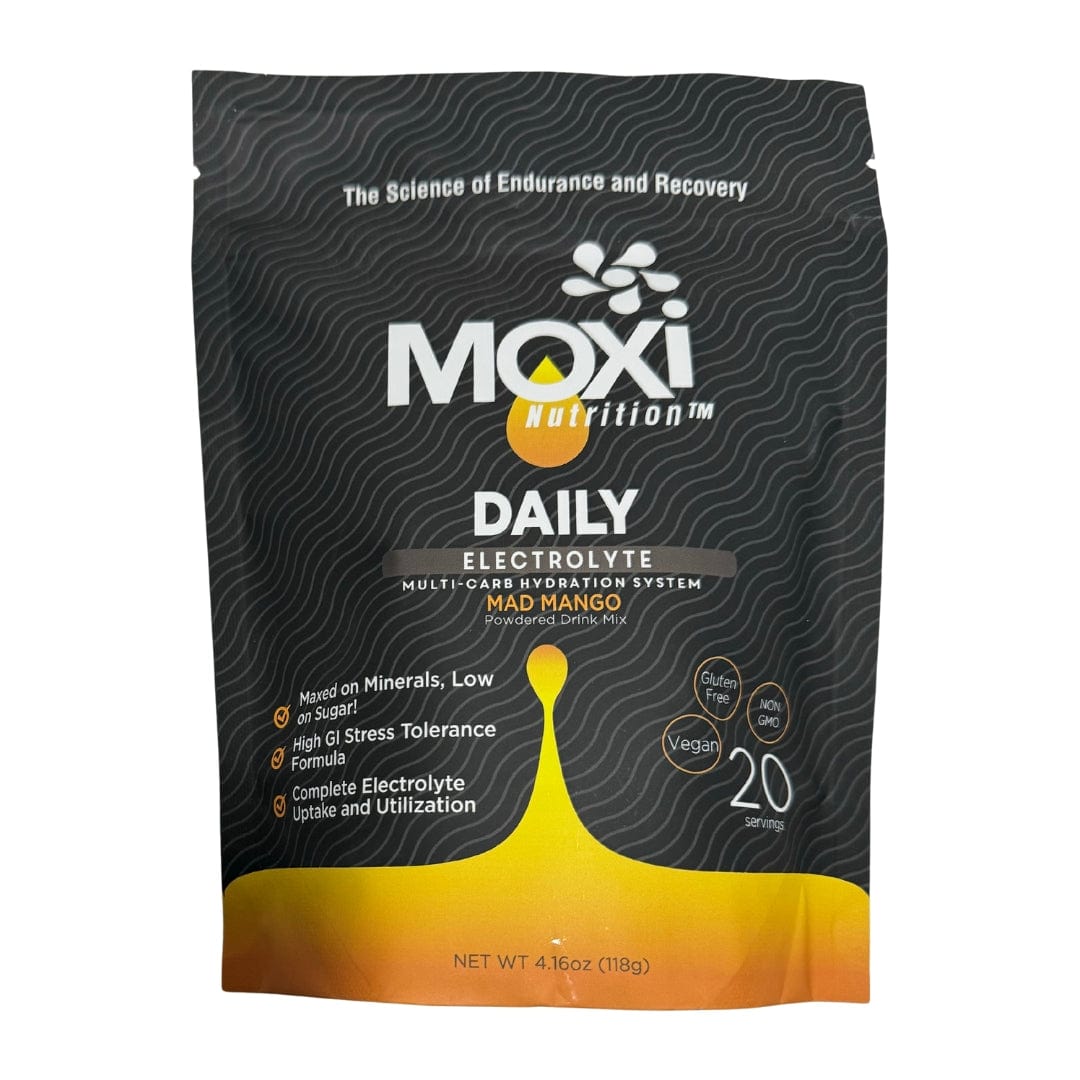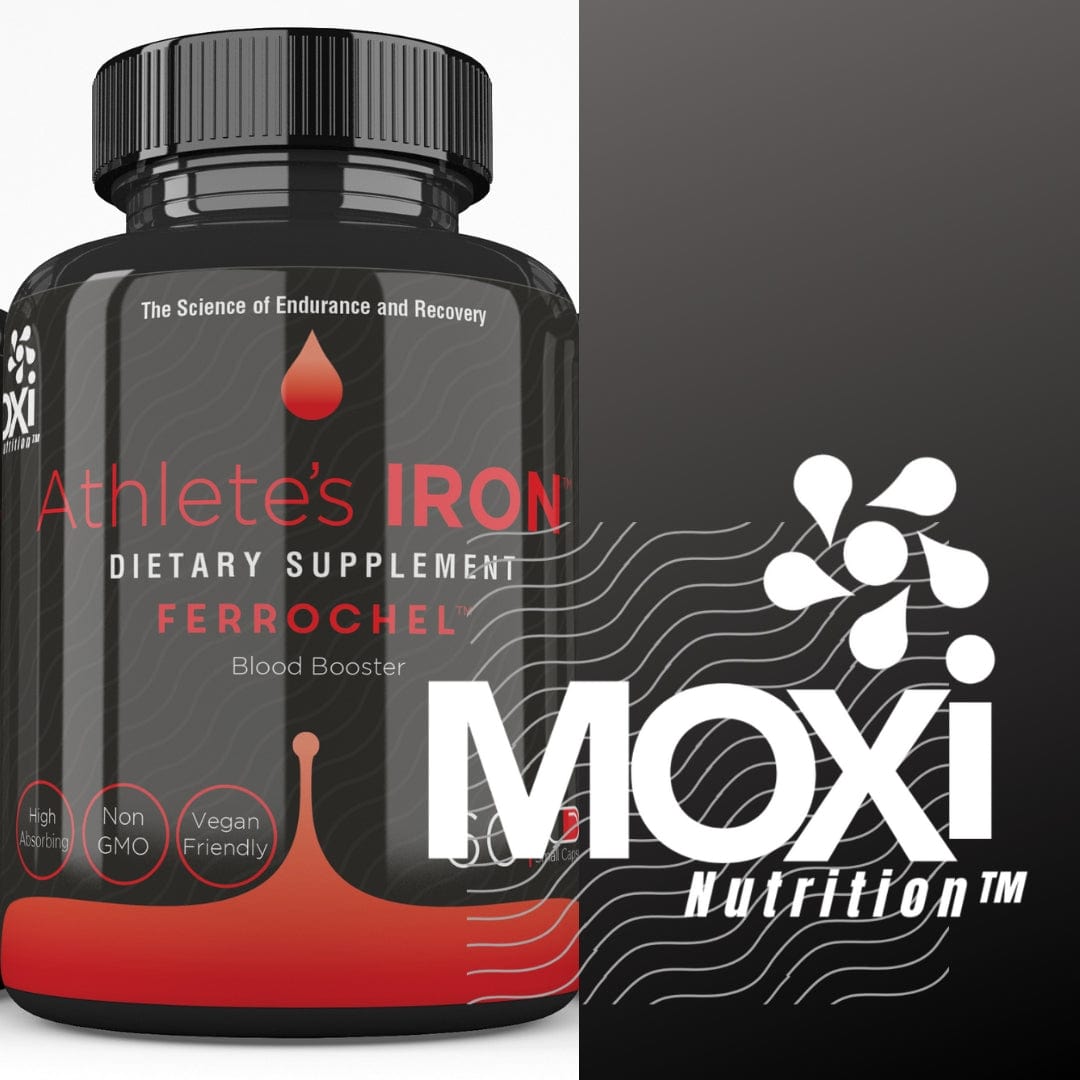Caffeine Is Not Sustainable Energy

What’s the first thing we do when we wake up in the morning for most of us, we probably grab a cup of coffee to get us going and started with the day. Most athletes use caffeine as a part of their energy needs protocol because of the quick pick me up that we get from caffeine.
However, there are some things to know about caffeine that may make us rethink our use of caffeine and how it’s used, and when it’s used. Caffeine is an ergogenic aid which does elevate our nervous system, it heightens our awareness and stimulates brain function. These, no doubt, are all necessary athletic needs and requirements while we’re racing and training.
The phrase, ‘too much of a good thing’, constantly enters our minds regarding caffeine due to its impact on our adrenal function and our G.I. tracks. For many individuals, coffee help stimulate the colon and bowels to provide better waste management movement.
As a gentle reminder to athletes, the same G.I. stimulation will occur when using caffeinated hydration and or nutrition while racing and training.
There are numerous individuals who have adverse reactions to caffeine, without making the association of G.I. issues and the caffeine.
Many athletes base their energy needs on what is in the next bike bottle or supported by their favorite Pro, without taking an analytical approach to their own physiological requirements.
Mindful use of caffeine should be delicately chosen per individual athlete pre; and during, athletic activities.
A safer and more sustainable means of developing additional energy in the body is with use of essential minerals and vitamins.
Ultimately, at a cellular level, it’s the essential nutrients that drive the conversion of any proteins, fats, and carbs, ingested prior and during athletic events.
It’s the micronutrients ingested; in between training and racing, being the driver behind how your body will be able to burn the proteins fats and carbs while you’re racing & training.
We have peeled back the onion & drilled down the essential nutrient and mineral that imposes the most efficacy on endurance energy. That nutrient is known to be Magnesium.
Magnesium is a macro mineral directly related to the ATP, adenosine triphosphate energy cycle.
Without Magnesium, research shows, the ATP cycle is unable to complete its circuit. For any electricians out there, this would be a short circuit and or incomplete circuit. We know that all micronutrients work in synchronicity with one another, however we are certain that when the body does not obtain or have enough Magnesium there are many physiological maladies that occur from magnesium deficiencies.
Our research also shows that approximately 60 to 70% of North Americans are deficient in magnesium, due to the lack of magnesium ingested in food, and because of the form of magnesium used for supplementation.
Magnesium oxide is predominantly used for magnesium supplement products which also results in negative adverse events, like ingesting too much caffeine.
Although the actions of mechanisms are different for caffeine and magnesium, the outcome is still the same, laxation and dehydration.
So, for future evaluation and analytical data of what is going on in your body to maintaining higher levels of magnesium, the chronological order of events to determine whether you are a candidate for a higher levels of magnesium is:
- Determine if you exhibit signs of magnesium deficiency to include eye twitching, muscle cramping, low energy, headaches.
- get a Magnesium RCB test.
Once you’ve determined your assumptions based on physiological symptoms and or concrete RCB Blood Analysis data, your next step will be to find the Magnesium form which best suits your needs.
Magnesium amino acid chelated forms; bisglycinate Chelate or lysinate glycinate chelate are best absorbed and are not used in colonoscopies or for pre-colon procedures.
Magnesium citrate, magnesium oxide, magnesium sulfate, magnesium lactate, are all commonly used for pre-colonoscopy or pre-lower intestine procedures. The medical community uses the above Magnesium’s forms because they do clear the waste management system due to their laxative properties.
So, if you’re seeking sustainable energy, we suggest that you start with your micronutrient levels and your individual needs and requirements. And following the chronological order of events of your physiological symptoms or energy needs, your best bet is to start with a high absorbing form of Magnesium and a high-quality multivitamin.
References:
https://www.ncbi.nlm.nih.gov/pmc/articles/PMC4960558/
https://en.wikipedia.org/wiki/Magnesium_in_biology
https://www.sciencedirect.com/topics/neuroscience/adenosine-triphosphate-magnesium







